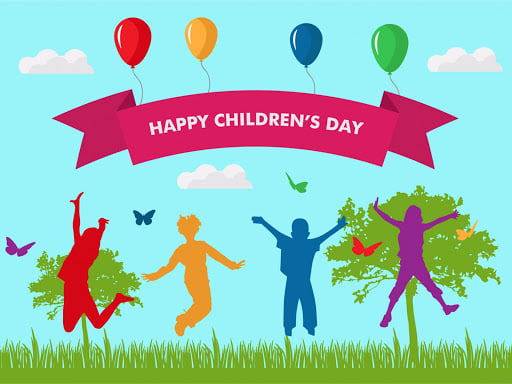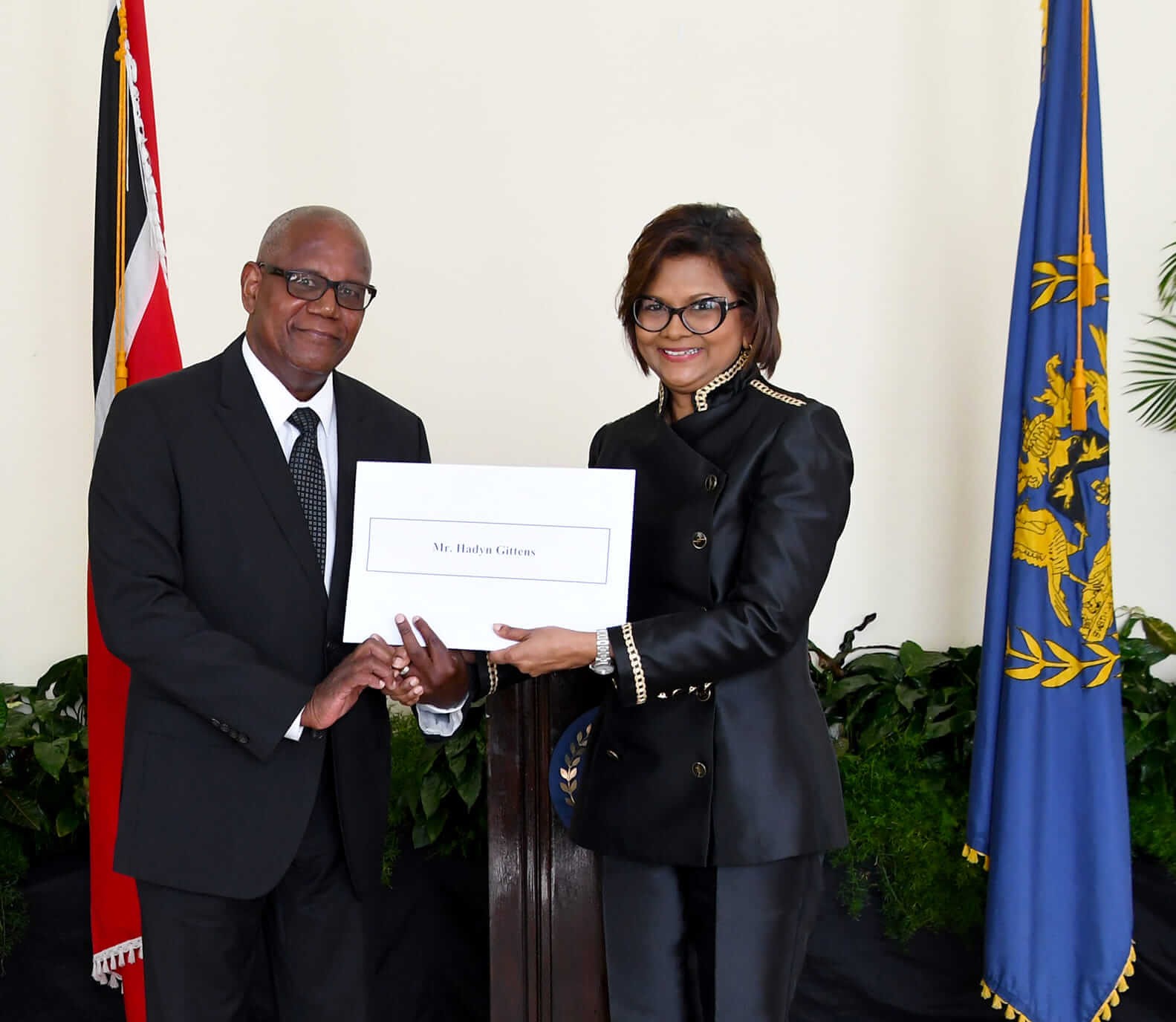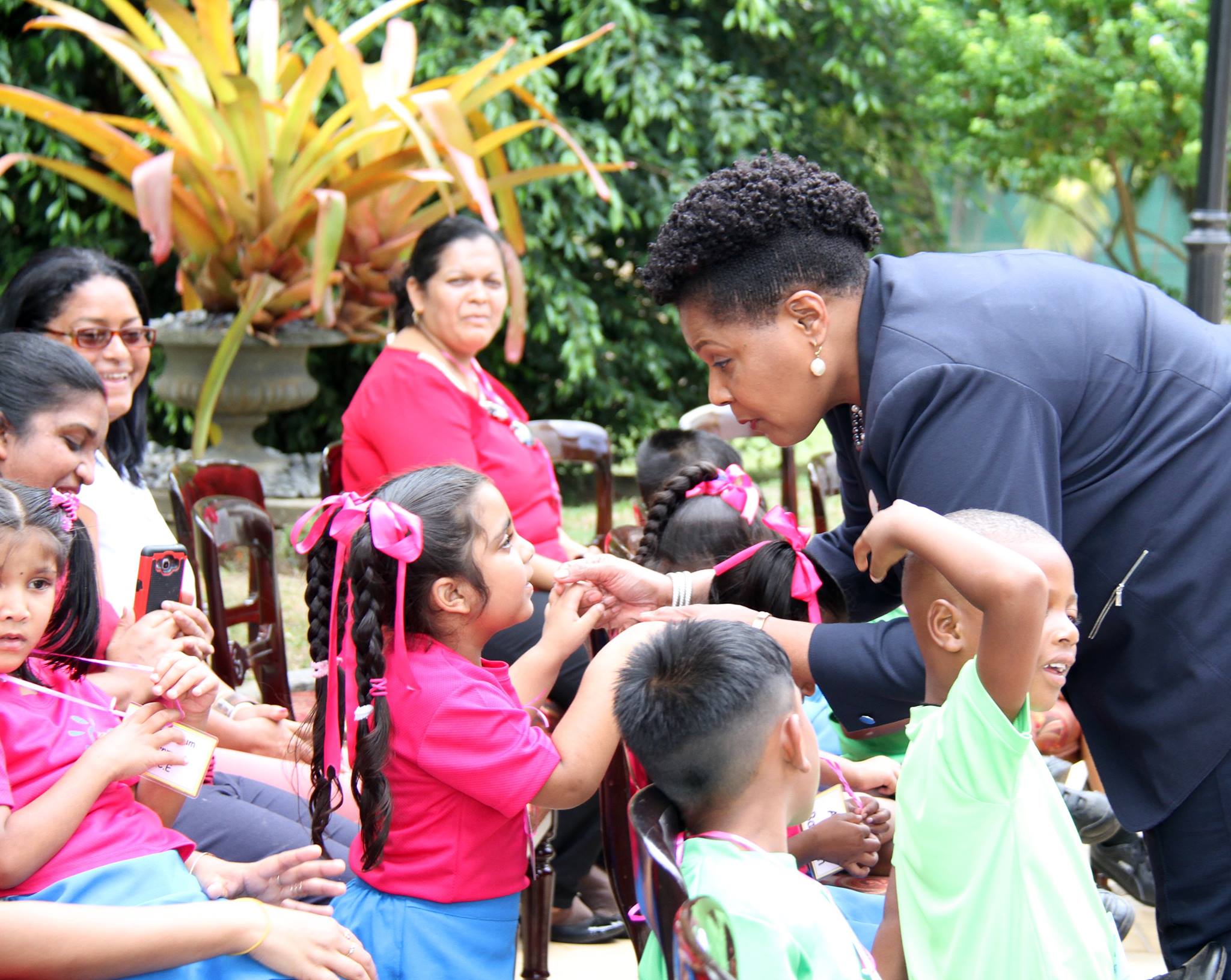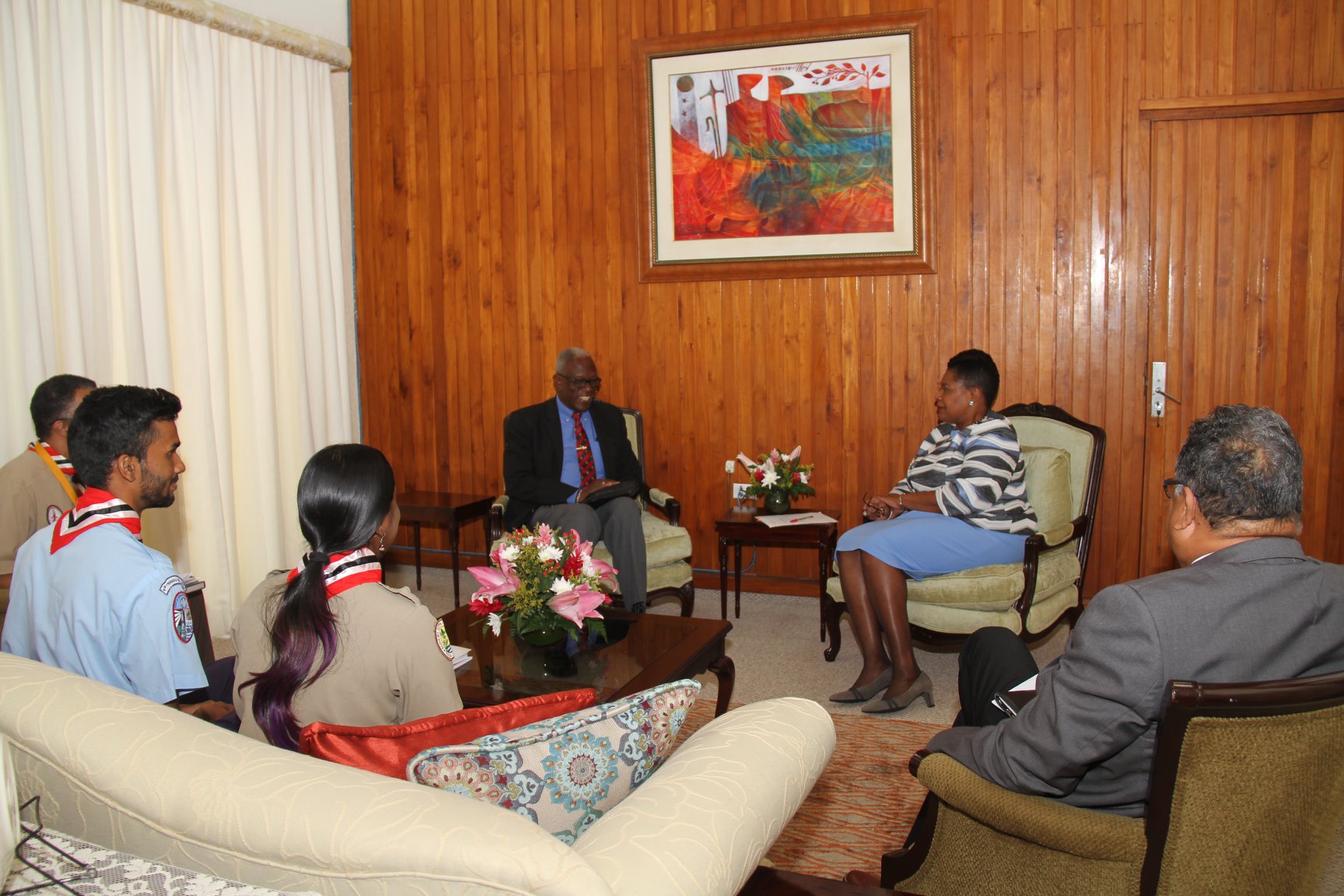—Nelson Mandela
On World Children’s Day, we celebrate our children and promote their right to lead happy, healthy and fulfilling lives. The most enjoyable and memorable events in my calendar are those which involve engaging our youngest citizens. Pre-Covid, I frequently attended graduations and other school programmes which presented opportunities for rich interaction with young people. My fora of choice, however, were the visits by pre-schoolers, primary and secondary school children to the Office of the President to participate in tours and other activities. I would then speak with them in a leisurely manner and comfortable setting. I remember with great fondness one lively, visually-impaired child who I was told only spoke when someone held both her hands. As I did so, she began talking nineteen to the dozen, making sure to tell me that she had brought her lunch that her mummy had made. When I asked her whether I could have some, she declined politely and informed me that she had already promised it to our bugler, whose tuneful marches had enthralled her. I was bowled out by a soldier! Such are the refreshing moments which remind us of the purity and potential of our children who speak freely, without guile or motive, and readily offer insights into their thoughts, hopes and feelings. They ask questions out of pure curiosity, free from the prejudice, cynicism, agenda and sycophancy that drive adults. They have no regard for traditional cleavages, eagerly grasping the hand of their best friend without considering ethnicity, religion, or other status which we adults allow to divide and embitter us. Our children have been one of the more worrisome casualties of the Covid-19 pandemic. While they have lower mortality rates than older groups, they are experiencing an interruption they can ill afford in their formal schooling. Those who already contend with the disadvantages brought on by poverty have been hit by a double whammy, as they may lack not only devices and connectivity, but also access to regular and nutritious meals normally supplied under the school feeding programme. Without the strict structure of face-to-face schooling, it is easy for children to waste precious time or, worse yet, become involved in antisocial activity. Some are deprived of the temporary reprieve provided by their schools from unsafe or otherwise unhealthy home environments and also any opportunity to discreetly inform teachers or other caring adults about their unhappy and unfortunate circumstances. Of equal concern is the fact that they are also losing out on interactions critical to their socialisation such as extra-curricular activities which provide de-stressers from schoolwork, widen their circle of friends, and teach them skills they would not otherwise learn. One cannot think of the nation’s children without thinking of its teachers, and how they have had to adjust quickly to a new way of interacting with their charges and the technological platforms they are expected to use. It is imperative that they be adequately equipped and trained to meet the fast-changing needs of our education system in the context of the Covid-19 pandemic. The current National Virtual Consultation on Education is long overdue, and we can only hope that it will bear good fruit and redound to the benefit of students, teachers and other educators way beyond 2020. We can leave no stone unturned in ensuring that our children receive the care, protection, guidance and encouragement they need to grow and thrive. The rights of children to life, health, education, and self-expression, among others, are outlined by the Convention on the Rights of the Child, to which Trinidad and Tobago became a signatory in 1991. These are the minimum standards by which we must measure our progress to ensure that we are doing our utmost for our most precious assets. On this World Children’s Day, I charge all citizens to commit to upholding the rights and dignity of every child.World Children’s Day







